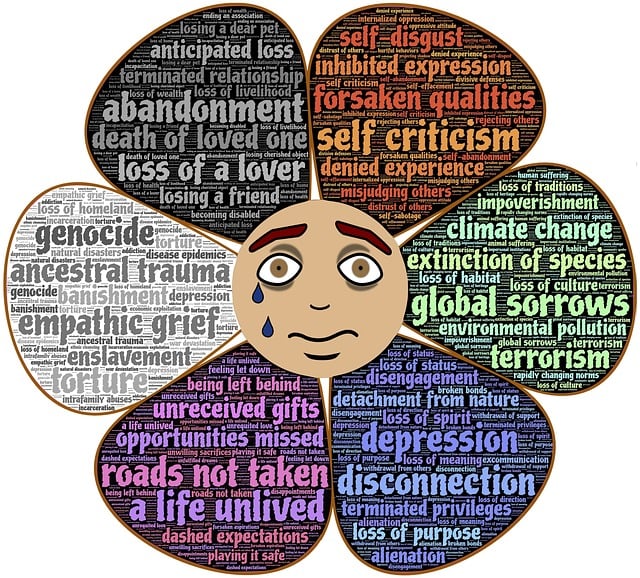Embracing Wellness: Unveiling the 6 Principles of Sexual Health

Sexual health is an integral component of overall well-being, contributing significantly to our physical, emotional, and social dimensions. Acknowledging its importance, the World Health Organization (WHO) has outlined six fundamental principles of sexual health that extend beyond the absence of disease or dysfunction. These principles encompass a holistic approach to fostering a positive and fulfilling sexual experience for individuals and communities alike.
1. Consent and Communication:
The cornerstone of any healthy sexual relationship is built upon the principles of consent and open communication. Mutual agreement and understanding between partners create an environment of trust and respect. Consent should be enthusiastic, voluntary, and ongoing, and communication ensures that both individuals feel heard and understood. Open dialogue about desires, boundaries, and expectations paves the way for a consensual and satisfying sexual experience.
2. Pleasure and Enjoyment:
Sexual health is not solely about avoiding negative outcomes; it is equally about embracing the positive aspects of intimacy. Pleasure and enjoyment are essential components, emphasizing the importance of exploring one’s desires and discovering what brings satisfaction. Understanding one’s own body and communicating preferences contribute to a more fulfilling and pleasurable sexual life.
3. Protection and Safety:
Physical and emotional safety forms the bedrock of sexual health. Protection against sexually transmitted infections (STIs) and unintended pregnancies is crucial. This principle also extends to safeguarding emotional well-being by fostering an environment free from coercion, violence, or any form of harm. Prioritizing safety ensures that individuals can engage in sexual activities with confidence and security.
4. Respect and Equality:
Healthy sexual relationships thrive on mutual respect and equality. Respecting each other’s autonomy, boundaries, and decisions is paramount. Gender equality, freedom from discrimination, and acknowledging diverse sexual orientations contribute to a more inclusive and affirming sexual health landscape. Promoting respect and equality dismantles stereotypes and creates a space where everyone feels valued and accepted.
5. Understanding and Education:
Sexual health education is a key element in promoting informed choices and behaviours. Providing accurate information about anatomy, contraception, and sexual diversity equips individuals to make responsible decisions. Understanding the emotional and psychological aspects of sexuality is equally important, fostering a culture where knowledge is empowering rather than stigmatizing.
6. Access to Sexual Healthcare:
Access to comprehensive sexual healthcare services is an essential principle for ensuring well-being. This includes regular check-ups, testing for STIs, and access to contraception and reproductive healthcare. Removing barriers to healthcare services, destigmatizing seeking help, and promoting inclusive healthcare practices contribute to a society where everyone can access the support they need.
Embracing the six principles of sexual health outlined by the World Health Organization provides a roadmap for cultivating a positive and enriching sexual experience. By prioritizing consent, pleasure, safety, respect, education, and access to healthcare, individuals and communities can foster an environment where sexual well-being is an integral part of overall health and happiness. Remember, sexual health is not just about avoiding problems but also about celebrating the joy and connection that can come from healthy, consensual relationships.






Responses